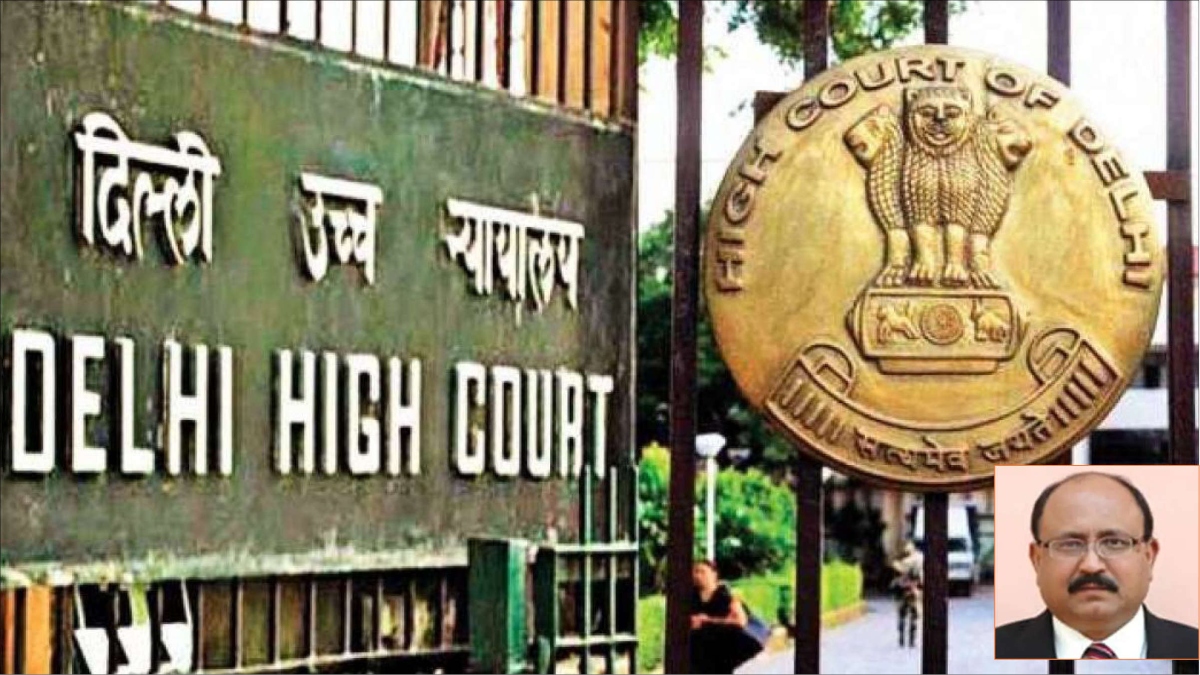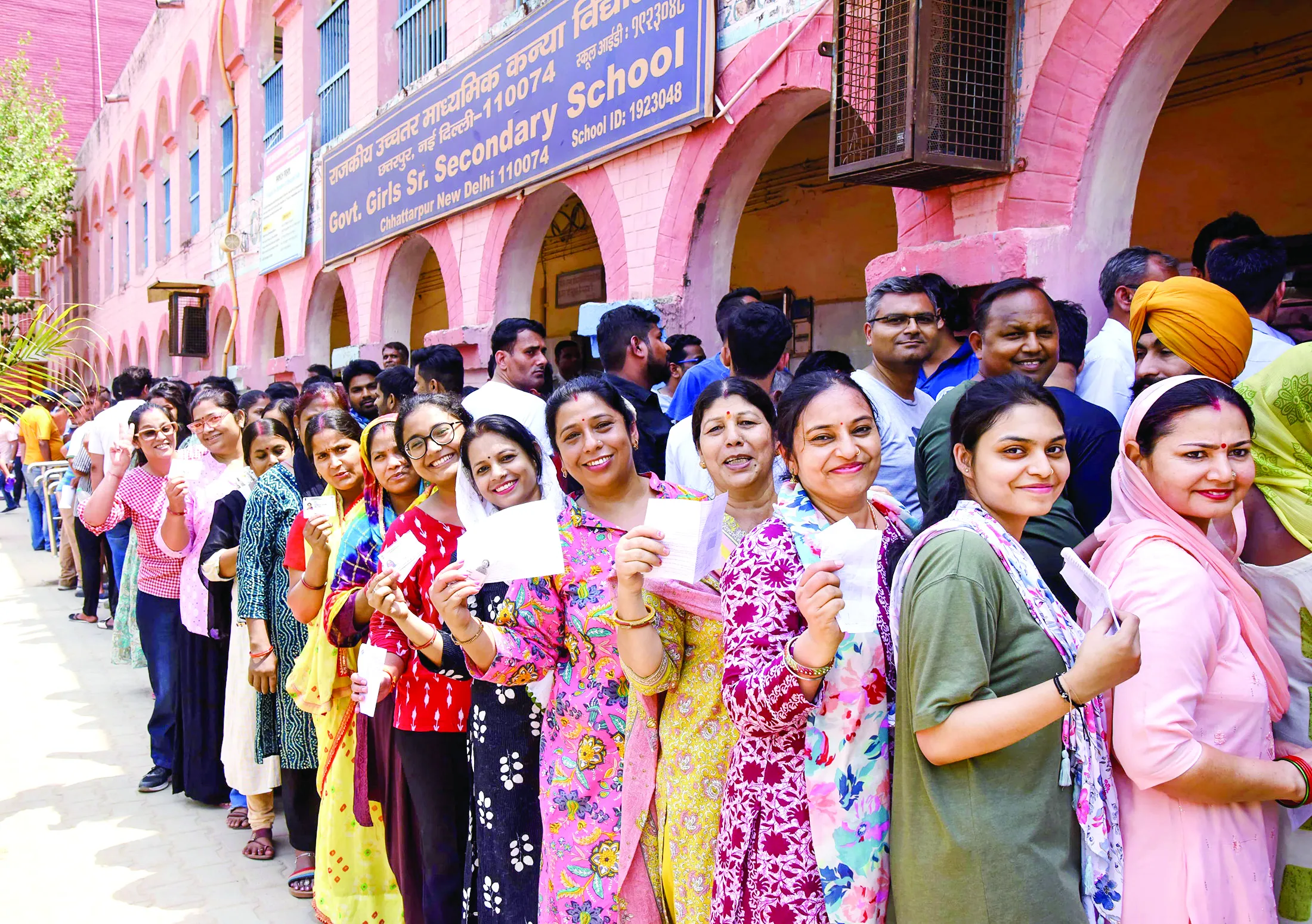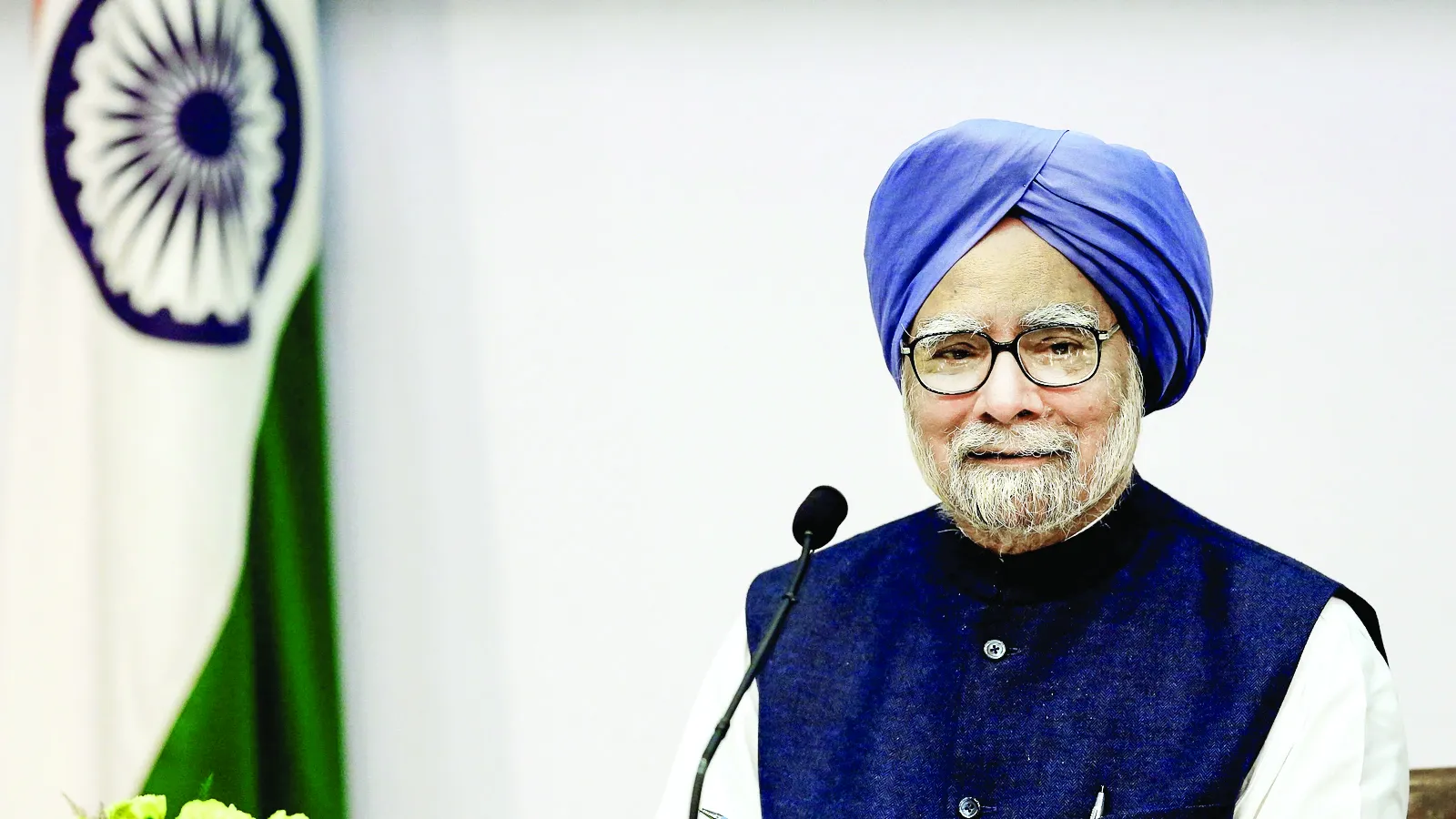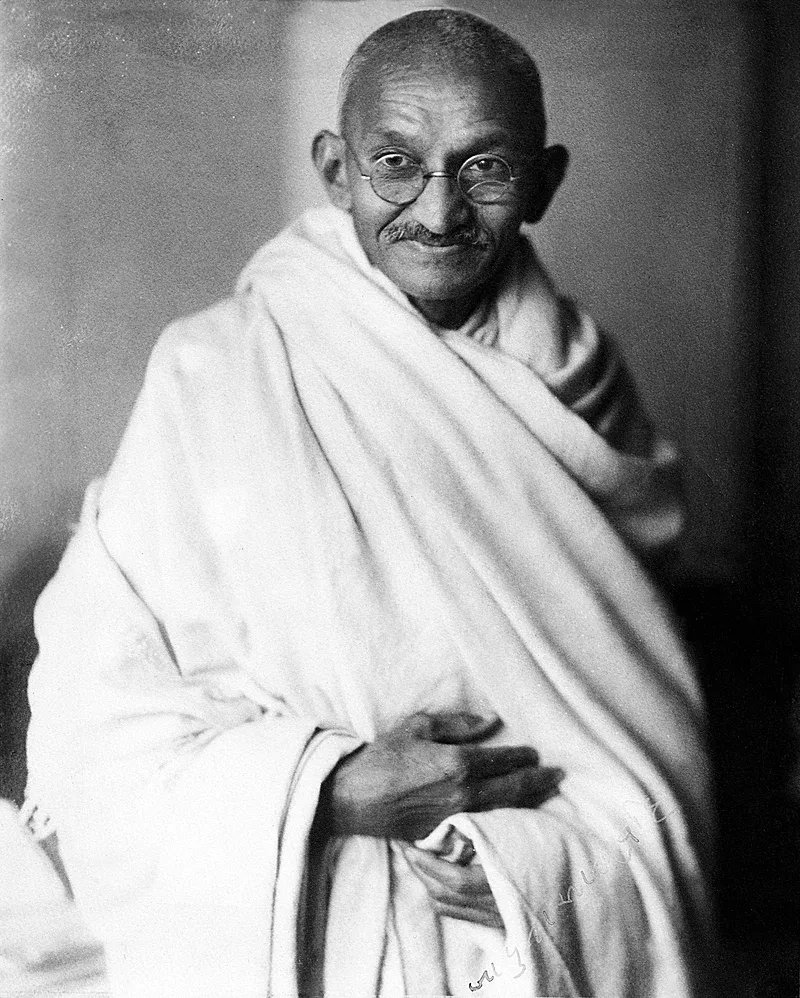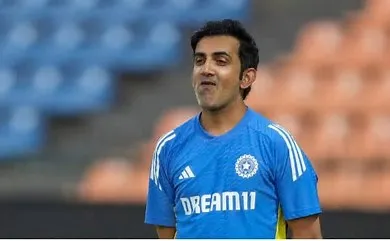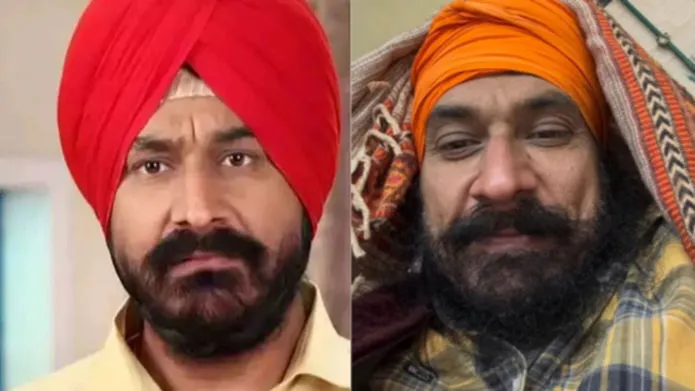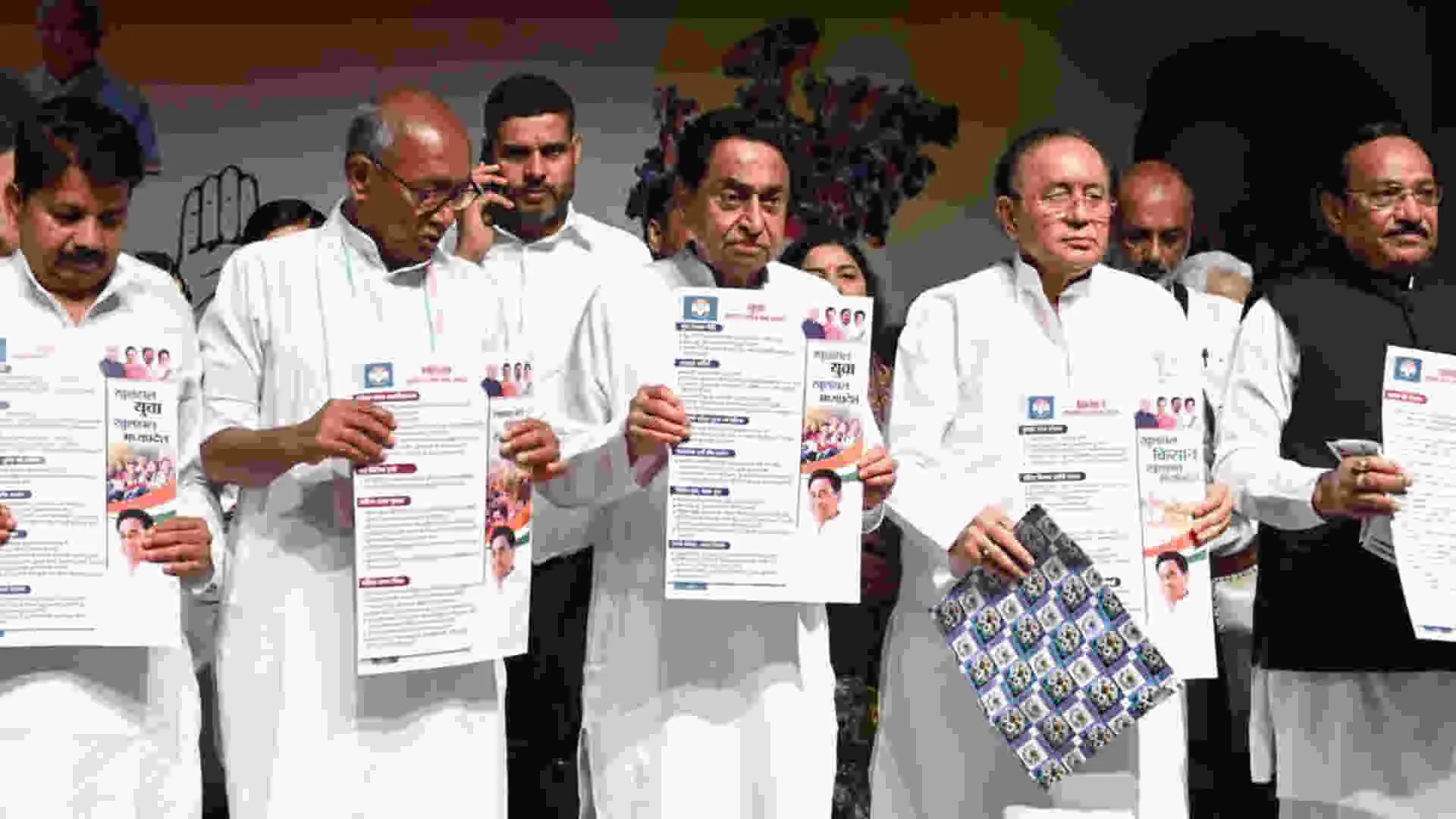Just recently on December 4, 2020, the Delhi High Court in a latest judgement titled Rajeev Sharma vs State (NCT) of Delhi [CRL. REV.P. 363/2020] while ruling explicitly that an accused is entitled to default bail if the chargesheet is not filed within 60 days in offences where no minimum sentence is prescribed granted default bail to journalist Rajeev Sharma who is facing accusation of espionage and leaking sensitive information to Chinese intelligence under the Official Secrets Act. He was booked under Section 3/4/6 of Official Secrets Act and arrested on September 14. The order passed by the lower court was challenged before the Delhi High Court by Rajeev. Rajeev Sharma thereby getting default bail from the Delhi High Court.
To start with, Justice Yogesh Khanna who heard the case through video conferencing sets the ball rolling by first and foremost observing in para 2: “Before adverting to the issue involved, let me state the brief facts as alleged in the petition:-
a) a secret input from Indian intelligence Agency was received that Mr. Rajeev Sharma R/o SG-2, St. Xavier Apartment, Pitampura, New Delhi, is having links with Foreign Intelligence Officers and he has been receiving funds from his handler through illegal means & Western Union Money Transfers platform, for conveying sensitive information (having bearing on National Security & Foreign relations), to his handler based abroad, through electronic means. A case Vide FIR No.230/2020, dated 13.09.2020, u/s 3/4/5 Official Secrets Act, PS Special Cell, Delhi was registered and investigation was taken up;
b) During the investigation, Rajeev Sharma s/o Lt Sh.Rattan Lal Sharma r/o SG-2, Pitampura, New Delhi, was arrested on 14.09.2020 from Main Mathura Road, near Pillar No 172, Near Patel Nagar Metro Station, the arrest of accused Rajeev Sharma all the guidelines of Hon’ble Supreme Court of India were followed and the information of his was passed on to his wife Mrs. Pratima Vyas, though mobile phone call. Mobile phone of accused Rajeev Sharma was also seized. Further during the search of the house of the accused Rajeev Sharma, several articles and some sensitive/confidential documents related to Indian Defence department were recovered at the instance of accused Rajeev Sharma. The same were seized;
c) During further investigation, it was revealed that accused Rajeev Sharma has been indulged in procurement secret/confidential/sensitive documents/material information and rather conveying the same to his handlers (Chinese Intelligence officers) based in China. In lieu of that he was getting remuneration/money through illegal means i.e. hawala transactions/funds routed through shell companies being run/operated by Chinese nationals, in Delhi, India;.
d) During further investigation it was that accused Rajeev Sharma was in contact with these officers namely Michael, Xou and George through emails platforms i.e. Telegram, Whatsapp etc. Accused Rajeev Sharma was conveying the information to these Chinese intelligence Officers and was receiving the illegal funds through illegal means/shell companies being operated in Mahipalpur, Delhi by the Chinese nationals on the direction of Chinese intelligence officers;
e) Letter was moved to Military Intelligence, to verify and report regarding the recovered during search of house of accused Rajeev Sharma. in this regard from Director General Military Intelligence has As per the report-The documents are CLASSIF! vide Para 9 of Classification & handling of classified documents (CHCD)-2001 issued vide Military Intelligence -11 letter Number A/38020/MI-11 dated July 2001, and the person i.e. accused Rajeev Sharma was having the unauthorized possession of the said documents. Further it was also mentioned by the DGMI that any unauthorized disclosure of content of these documents could be expected to cause damage to National Security or could be prejudicial to the National Interests or would embarrass the Government in its functioning and the contents contained in documents are directly or indirectly connected with security matters country;”
More revealingly, it is then most convincingly observed in simple and straight language in para 3 that, “Accused Rajeev Sharma on 14.11,2020 had moved a petition under Section 167(2) Cr.P.C in the Court of learned CMM/Ld Duty Magistrate to release him, on the ground that 60 days period having expired since his arrest and charge sheet not been filed by the State, thus, relying upon the judgment of Supreme Court of India, in the case of “Rakesh Kumar Paul vs. State of Assam”. The said petition was dismissed by the Court saying the limit of 60 days period has not yet expired.”
To put things in perspective, it is then stated in para 4 that, “The State had filed a revision before learned ASJ, Patiala House Court, on 15.11.2020 against order dated 14.11.2020 of Ld. CMM and the same is pending for hearing for dated 07.01.2021. In the meantime, on 15.11.2020, accused Rajeev Sharma filed a petition under Section 167(2) Cr.P.C. (on similar grounds) in the court of Duty MM, Patiala House Court, wherein Ld Duty MM after perusing the matter dismissed the said petition on 16.11.2020 and ordered the time period of filing the charge sheet in this offence would be 90 days.”
To be sure, it is then aptly observed in para 6 that, “Against the said order dated 16.11.2020 of learned MM, Patiala House Courts, accused Rajeev Sharma has moved the present petition.” Para 7 then discloses that, “The dispute involves interpretation of Section 167 Cr.P.C.”
To put it succinctly, it is then stated in para 9 that, “It is argued by the learned Standing Counsel for the State that Rakesh Kumar Paul (supra) takes care of only the situation where minimum punishment is prescribed but what would happen if there is no minimum punishment prescribed. Thus the main argument of the learned Standing Counsel for the State is since the offence is punishable with a maximum of fourteen years viz. a period beyond ten years and without prescribing any minimum punishment, Section 167(2)(a)(i) Cr.P.C. shall be applicable and chargesheet can be filed within 90 days and thus petitioner shall not be entitled to default bail.”
In short, para 10 then states that, “The crux of his arguments is where there is no minimum punishment prescribed and the maximum punishment is more than 10 years then the chargesheet can be filed beyond 60 days but before 90 days from the date of arrest.”
As a corollary, it is then made clear in para 11 that, “The Court thus is required to see if in the present case the chargesheet is to be filed within 90 days or was required to be filed within 60 days from the date of arrest of the accused.”
As it turned out, para 12 then brings out that, “The learned Standing Counsel for the State referred to Vignesh vs. State of Tamil Nadu in CRL.O.P.(MD)2263/2012 decided on 30.03.2012 wherein the decision of Delhi High Court reported in 2001 CLJ 2023 was relied upon. The Court opined the expression “imprisonment for a term of not less than 10 years” used in clause (i) of proviso (a) to Sub Section (2) of Section 167 includes imprisonment for a term of 10 years as well as imprisonment of more than 10 years. In other words, clause (i) of proviso (a) to Sub Section (2) of Section 167 will be applicable where the investigation relates to an offence punishable with imprisonment for a term of 10 years or more. The crucial test is whether the offence is one for which the punishment of imprisonment for a term of 10 years or more can be awarded. It is immaterial that the Court may have also the discretion to award the punishment for a term of less than 10 years. In the case of particular offence even though the Court may have a discretion to award the punishment of imprisonment for a term less than 10 years the above clause (i) will apply, if the accused can be punished with imprisonment for a term of 10 years.”
As we see, it is then observed in para 13 that, “In this case the Court held that since the offence under Section 3(1), first part of Official Secrets Act, 1923, being punishable with imprisonment which may extend to 14 years was covered by clause (i) of proviso (a) to Sub Section (2) of Section 167 Cr.P.C. and consequently, the applicant were not entitled to bail as of right since the report under Section 173 Cr.P.C. had been filed within 90 days of their arrest.”
Needless to say, para 14 then brings out that, “The learned Standing Counsel for the State also refers to Omprakash vs. State of Delhi 121 (2005) DLT 686 which also declared the same law.”
As against this, it is then stated in para 15 that, “However in Vinu vs. State of Kerala and Others, BAIL APPLN.8049/2011 decided on 08.12.2011 the Court held in cases where offence is punishable with imprisonment of 10 years or more the accused can be detained upto 90 days. In this context, the expression not less than would mean imprisonment should be 10 years or more and would cover only those offences for which the punishment could be imprisonment for a clear period of 10 years or more.”
To state the obvious, it is then stated in para 16 that, “A bare perusal of the Vinu (supra) above would say the expression not less than 10 years would cover the offence which is punishable with imprisonment for 10 years or more but per Vignesh (supra) and Omprakash (supra) it may even cover the discretion to award the punishment of imprisonment for a term of less than 10 years.”
Without mincing any words, it is then observed in para 17 that, “I’m afraid the contention raised by the learned Standing Counsel for the State does not hold good in view of Rakesh Kumar Paul vs State of Mysore, SLP(C) 2009/2017 where also the Supreme Court was concerned with interpretation of the words “imprisonment for a term of not less than 10 years” appearing in clause (i) of proviso (a) to Sub Section (2) of Section 167 Cr.P.C. 1973, as amended in 1978. The Supreme Court went in great detail analyzing the purpose of amendment since 1898 which contained Section 167 laying down the procedure to be followed in the event the investigation to the offence is not completed within 24 hours. The Court observed that the legislative expectation was the investigation would ordinarily be completed within 24 hours. Section 167 Cr.P.C. was thus enacted with the recommended time limit and again regardless of the nature of offence of the punishment.”
Truth be told, it is then laid bare in para 18 that, “The Supreme Court went on to say that in 1978 a need was felt to amend Section 167 Cr.P.C. by not only extending the period for completinginvestigation but also relating that period to the offence. Therefore a shift was proposed to grant an aggregate period of 90 days for completing the investigation in cases relating to offences punishable to death, imprisonment for life or imprisonment for not less than 10 years or more, as stated in the Notes on clauses accompanying the Statement of Objects and Reasons dated 09.05.1978 for amending the Statute. The Court said that in its opinion the use of words “or more” gives a clear indication that the period of 90 days was relatable to an offence punishable with minimum imprisonment for a period of not less than 10 years, if not more. The words or more were deleted when Section 167 Cr.P.C. was enacted, perhaps felt to be superfluous in the context of the words “not less than”.”
As anticipated, it is then elucidated in para 19 that, “This gives an answer to the issues raised in this petition that the offence must have the imprisonment for a clear period of 10 years or more only then Section 167(2)(a)(i) Cr.P.C. would be applicable. This view also find favour in Rajeev Choudhary vs. State of NCT of Delhi 2001(5)SCC 34 wherein it was held the words “not less than” would mean that the imprisonment should be of 10 years or more and would cover only those cases for which the punishment and imprisonment would be for a clear period of 10 years or more.”
Be it noted, para 20 then brings out that, “In Rakesh Kumar Paul (supra) the Court observed that the undoubtedly the legislature can bind the sentencing Court while laying down the minimum sentence (not less than) and it can also lay down the maximum sentence. If the minimum is laid down the sentencing Judge has no option but to give a sentence period not less than that sentence provided for. Therefore the words “not less than” occurring in clause (i) of proviso (a) to Sub Section (2) of Section 167 of Cr.P.C. must be given their natural and obvious meaning which is to say, not below the minimum threshold and in case of Section 167 Cr.P.C. these words must relate to the offence punishable with a minimum imprisonment of 10 years.”
In addition, para 21 then envisages that, “Here I would also refer to para 84 of Rakesh Kumar Paul vs. State of Assam 2017 (15) SCC 67, wherein the conclusions are noted, more specifically paras 84.2 and 84.3 would clinch the issue. The said paras are:
“84.2. Section 167(2)(a)(i) of the Code is applicable only in cases where the accused is charged with (a) offences punishable with death and any lower sentence; (b) offences punishable with life imprisonment and any lower sentence; and (c) offences punishable with minimum sentence of 10 years.
84.3. In all cases where the minimum sentence is less than 10 years but the maximum sentence is not death or life imprisonment then Section 167(2)(a)(ii) will apply and the accused will be entitled to grant of “default bail” after 60 days in case charge-sheet is not filed.”
Interestingly enough, it is then mentioned in para 22 that, “Rakesh Kumar Paul (supra) was relied upon in M.Ravindran vs. The Intelligence Officer, Directorate of Revenue Intelligence Crl.A.No.699/2020 decided on 26.10.2020 to say where the offence is punishable with minimum sentence of 10 years, the period of challan shall be 90 days.”
Most significantly, it is then pointed out in para 23 that, “Thus under the Official Secret Acts for which the petitioner is being tried, though entail punishment which may extend to 14 years but the Section does not talk of minimum period of sentence and thus does not pass the test of clear period of 10 years or more, per Rajeev Choudhary (supra) and Rakesh Paul (supra) and as such the period of challan in this case would be 60 days and thus the impugned order passed by the learned MM being illegal is set aside and the petition is allowed. The petitioner is thus entitled to default bail; the challan having not been filed within 60 days.”
As a consequence, it is then held in para 24 that, “The applicant herein is thus admitted on bail on his executing a personal bond of Rs.1,00,000/- to the satisfaction of the Jail Superintendent/Duty MM. The surety of the like amount shall be furnished by the petitioner within a week once the learned Trial Court resuming its normal functioning. The petitioner is directed to provide his contact number/address to the SHO concerned as also he shall keep open his location app in his mobile at all time and shall not leave the NCR of Delhi without seeking permission of the learned Trial Court.”
Now coming to the concluding paras. Para 25 holds that, “The petition stands disposed of in above terms. Pending application(s) if any, also stands disposed of.” Finally, it is then held in the last para 26 that, “Copy of this order be sent electronically to the learned Trial Court / Jail Superintendent for information and compliance.”
No doubt, this latest, learned and laudable ruling by the Delhi High Court makes it amply clear that if chargesheet is not filed within 60 days as is mandated in Section 167 (2) of CrPC when the investigating agency fails to complete the probe in cases where the minimum punishment is less than 10 years then the accused becomes entitled to default bail on expiry of a period of 60 days. Justice Yogesh Khanna has explained in detail the legal position on this as stated above. Very rightly so! Nothing more now remains to be said on this!
The Delhi High Court in its judgement, while ruling explicitly that an accused is entitled to default bail if the chargesheet is not filed within 60 days in offences where no minimum sentence is prescribed, granted default bail to journalist Rajeev Sharma who is facing accusation of espionage and leaking sensitive information to Chinese intelligence under the Official Secrets Act.

